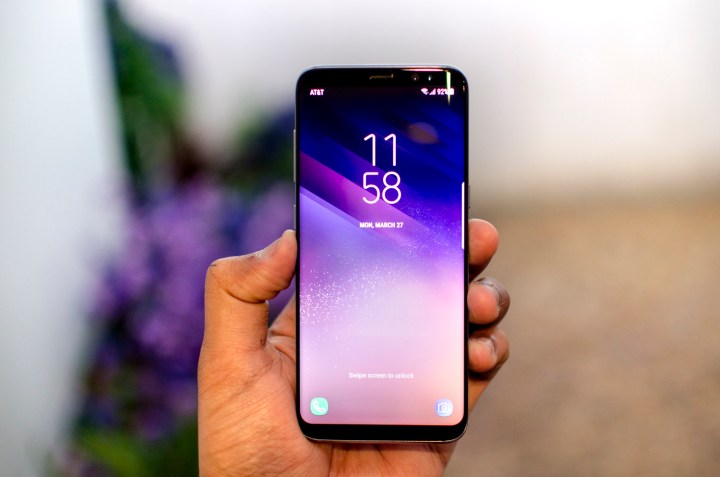
Samsung announced a new variant of the Samsung Galaxy S8 Plus with 6GB of RAM and 128GB of storage for sale solely in South Korea. Those specs are only available on the Galaxy S8 Plus — so those that want the extra RAM and storage will have to be fine with paying for a larger device.
Of course, the price alone might be enough to dissuade many people from buying the device — it will cost 1,155,000 won, which equates to around $1,017. That is no small price for a phone.
The 6GB of RAM is a figure we will likely start seeing more often. A number of phones have been released over the past year with that much
The storage option is a little less uncommon. There are plenty of phones out there with the option for 128GB of storage, including the Google Pixel and Pixel XL. An important thing to consider, however, is the fact that the Google Pixel doesn’t have a microSD card slot, while the Samsung Galaxy S8 and S8 Plus do — allowing users to add to the storage they have in their phone without having to shell out for the device with more storage in the first place.
There is no word on a release of the new Galaxy S8 Plus variant outside of South Korea, but we are assuming that it will not come to the U.S. anytime soon.
Editors' Recommendations
- 5 phones you should buy instead of the Samsung Galaxy S24 Plus
- 5 phones you should buy instead of the Samsung Galaxy S24
- I did a Galaxy S24 Ultra vs. Pixel 8 Pro camera test. It’s not even close
- I want the iPhone 16 to steal these 6 Galaxy S24 features
- Samsung may have made a horrible decision with the Galaxy S24


